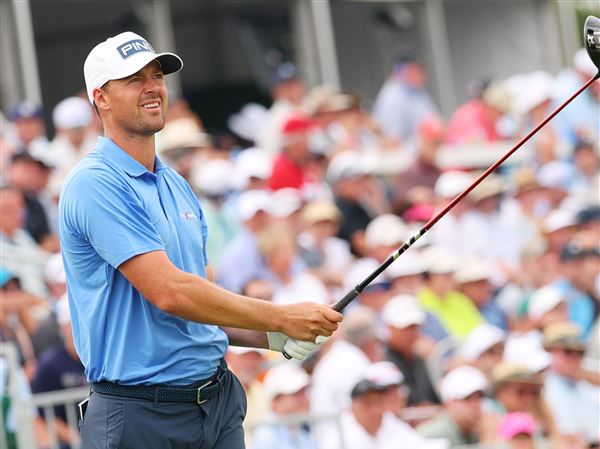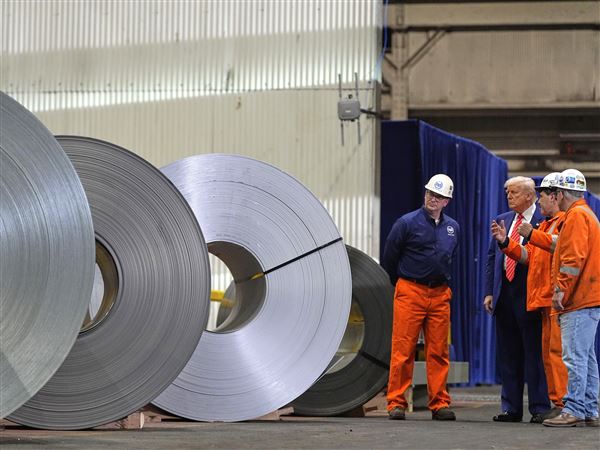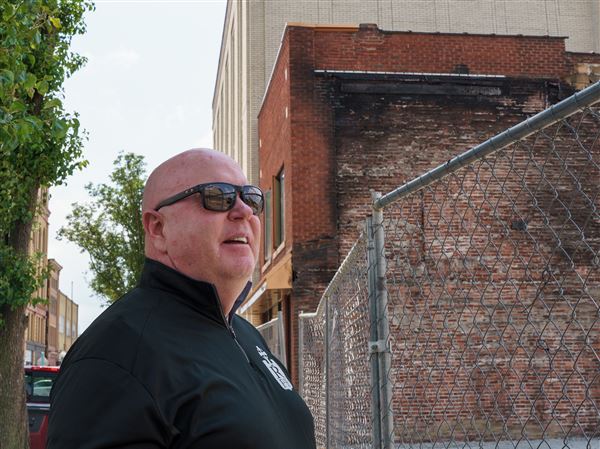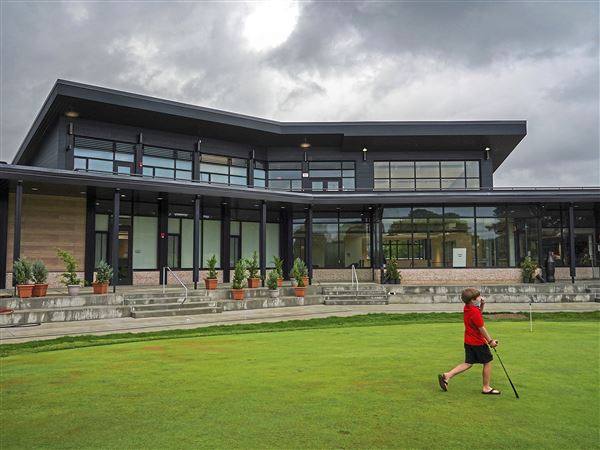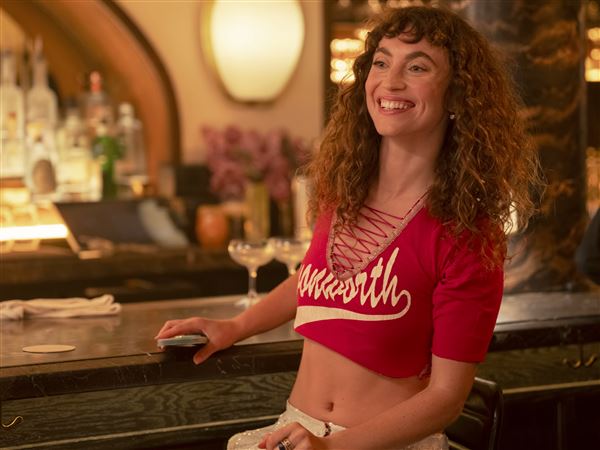SAN JOSE, Calif.
AS the company that makes the plumbing of the Internet, Cisco Systems rakes in the cash, but it is hardly a top technology brand among consumers, in the way of Apple or Microsoft.
While it specializes in corporate equipment, Cisco does, in fact, sell some consumer gear. The problem is that Cisco's efforts to hawk such products have been lackluster. (Ever heard of Cisco's home stereos? Exactly.)
But with its acquisition in March of Pure Digital, the tiny manufacturer of Flip video cameras, Cisco is finally getting serious about its consumer marketing efforts.
•
About the size of a smartphone, the Flip devices brought a refreshing level of simplicity to the video market. Millions of people who had shied away from complex and clunky camcorders suddenly decided they needed to document their lives via video.
Cisco's initial efforts to market the Flip after the purchase were sometimes awkward. For example, an early effort to create a viral video featured Cisco's chief executive, John T. Chambers, demonstrating duck calls in his office.
Now, however, Cisco seems to have found its way with the Flip. A couple of weeks ago, the company began putting out 10-second television commercials and Web clips that show snippets from the lives of both celebrities and "regular people." The spots for Flip include a nod at the end to Cisco, when the company logo appears.
"We get unsolicited e-mails from people all over the country telling us how excited they were to capture some moment," said Jodi Lipe, the Cisco executive who spearheaded the campaign. "We wanted to capture that authenticity in our television campaign."
Some of the ads appear to document the banal. For example, there is one of a man picking at his bacon and eggs with a fork, and another of someone brushing his teeth. The obligatory parental video of baby with food dangling from her mouth? It's there.
But, look more closely, and you'll find that the authenticity of Cisco's campaign comes with some caveats. The man brushing his teeth is the singer Lenny Kravitz. One of the most popular clips -- four guys singing an ode to hamburgers in their car -- turns out to be the creation of budding marketers from Hollywood.
Cisco hired a San Francisco marketing firm called Urgent Content to find people willing to share their Flip tales. Urgent Content has a database of what Brandon Gross, one of its founders, described as "creative consumers."
"It is a network of creatives that we have worked with in past projects we have done," Mr. Gross said. "Most of these people have Flip cameras, and, if not, we seeded them with the cameras."
The burger boys live in Los Angeles, where they have various jobs touching the entertainment industry, from writing screenplays to directing music videos. The high school chums have been trying to drum up business as viral marketers who can create funny, low-cost videos for clients through their Web site, the Bajillionaires Club.
Urgent Content asked the burger crew to come up with some "low-key, genuine organic moments," said Bryan Madole, who appeared in the video. So they stuck their Flip recorder to the windshield of a car with a piece of chewing gum and sang about hamburgers. "Urgent gave us the parameters, but we came up with the moment," Mr. Madole said.
•
Cisco has paid the everyday people what it calls a nominal fee for their efforts. Meanwhile, celebrities like Mr. Kravitz, the skateboard king Tony Hawk, the pop idol Usher and the comedian Stephen Colbert received no payment, although in some 15-second TV spots that will start airing this month they can use the last five seconds of the ad to plug a product or a charity.
For example, Gabrielle Reece, the volleyball player turned model turned fitness guru, will use her five seconds to promote her HoneyLine Web site aimed at women.
In an interview, Ms. Reece said that making her video, which shows her swimming underwater, didn't require much work. "I already had a Flip and tons of footage," she said. "It's not like I had to do a special photo shoot."
Cisco declined to release any detailed data about the effectiveness of the campaign so far, although views of the clips on the company's official YouTube channel have in most cases attracted dozens, rather than thousands.
Executives from the various companies that worked on the Flip campaign promoted it as revolutionary, particularly for its use of the rough, 10-second spots, which run counter to more polished, traditional 30-second ads.
But in fact, these types of "authentic" campaigns have become rather common as companies try to piggyback on the rise of everyday people making their own videos and other content. During the last Super Bowl, for example, a pair of Doritos ads created by consumers was shown.
CoreBrand, which has Cisco as a client, has been studying the company's efforts to crack the consumer market.
"Historically, they've been burnt pretty bad with consumer efforts," said Timothy Robinson, a managing director at CoreBrand. "They were always seen as overpriced."
Still, the public's familiarity with Cisco's brand has risen over the last year, and it jumped even more since it bought the Flip line.
"The Flip stuff is trying to overcome that perception of arrogance and pricey products through these irreverent, quick bits of communication," Mr. Robinson said.
First Published: December 4, 2009, 7:00 a.m.
